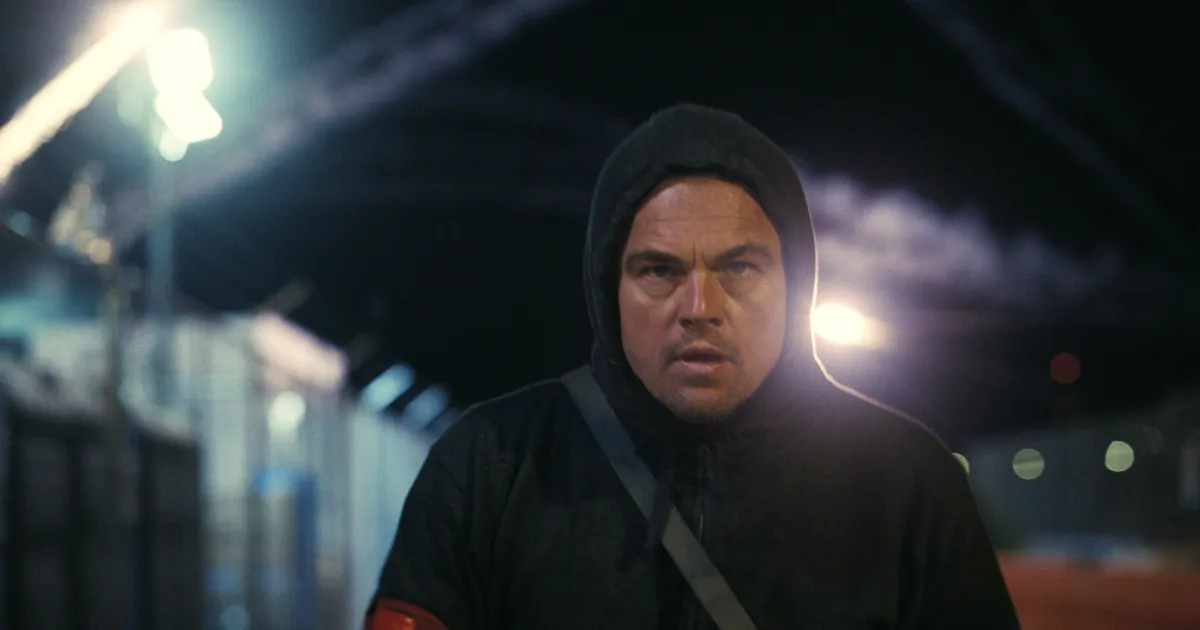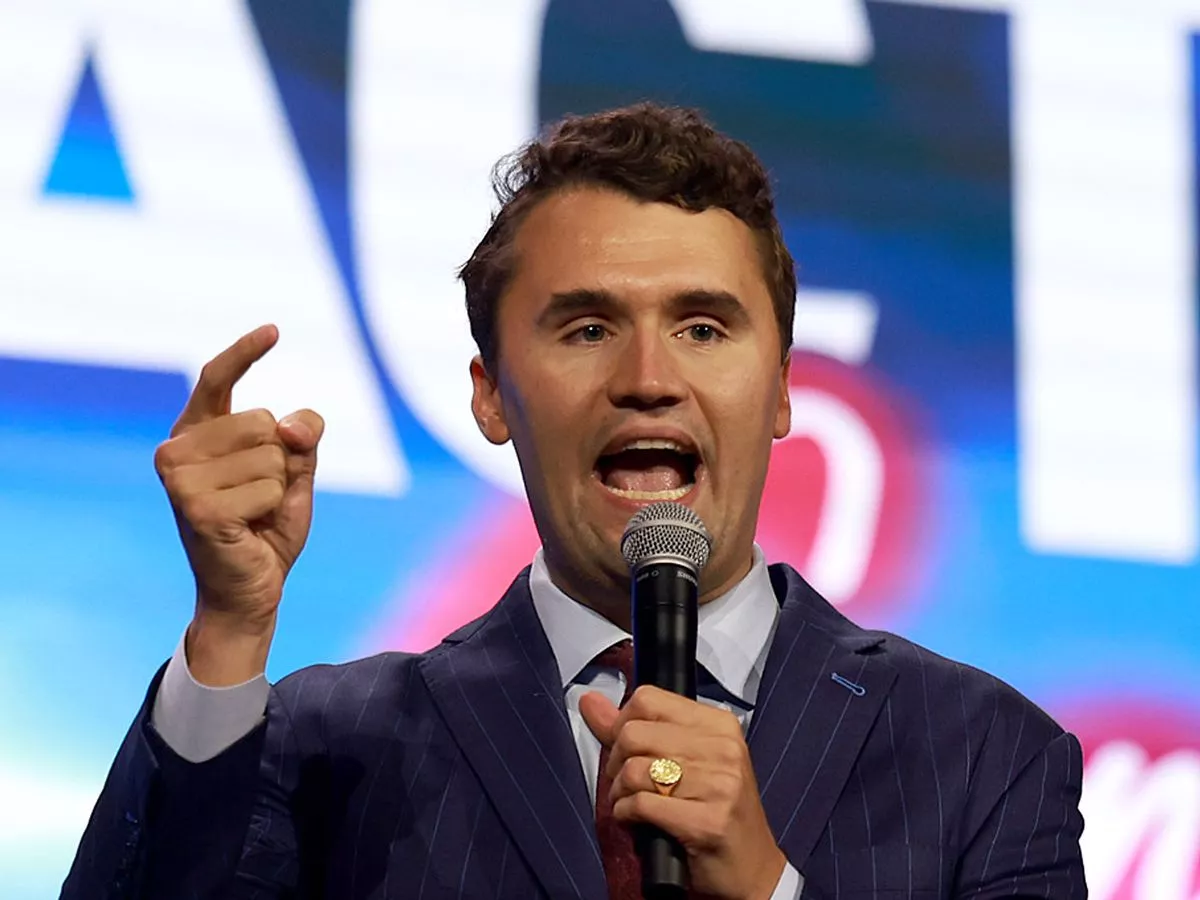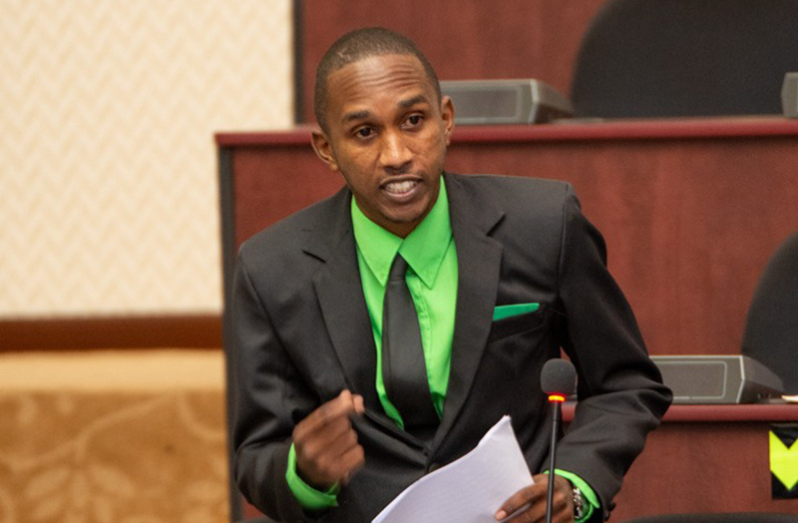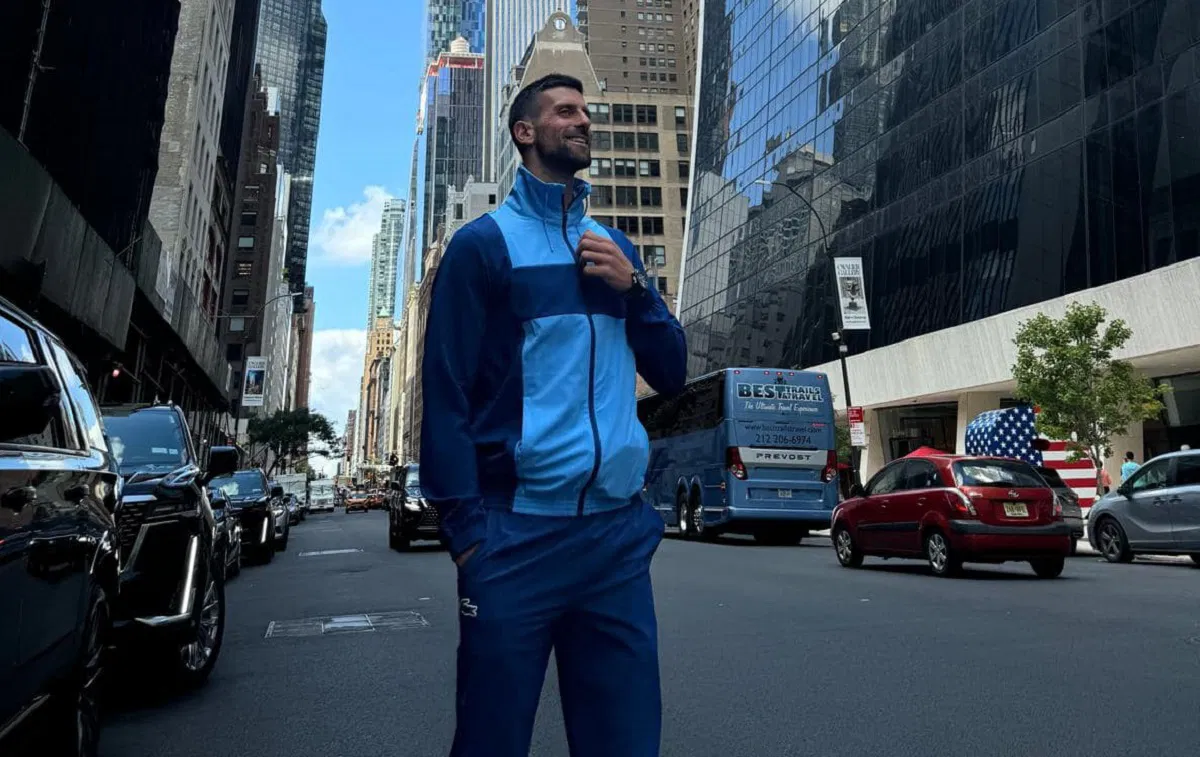
One Battle After Another gestated in Paul Thomas Anderson’s brain for more than a decade, but it feels as if it could have been written last week. The film stars Leonardo DiCaprio in full goofball mode, playing a stoned, washed-up activist forced to go on the run in order to save his and his daughter’s lives. One Battle After Another is a timeless but timely thrill ride with fascist military goons, devoted revolutionaries, and fiery protests. Anderson’s portrait of a galvanized world is just as chaotic and ugly as our own, but his humanist approach both deepens the narrative and lets the movie’s cast get away with skirting real-life political comparisons.
“We live in this world, and we’re not blind,” Anderson told moderator Doreen St. Félix after a September 22 screening of the film in New York. “And we’re not too dumb, but you have to be able to focus on something you can hold in your hand. Obviously, [politics] come into focus in the background, but if they dominate your story, the audience will lose interest. I think I would lose interest.” While the majority of the characters in the film operate on disparate sides of the political spectrum, Anderson made sure the relationships between them — even antagonistic ones — felt tangible.
“It’s coming out at such a polarizing time in our country,” DiCaprio added. He later said, “When I read the script, [I found] you did a beautiful job of seamlessly weaving in this political extremism that’s going on in our world right now — this idea that we’re in such a polarized world and everyone’s trying to belong somehow.” That platitude — polarize — was used multiple times to describe the film’s political world, even the nitty-gritty of it.
But some of that vagueness is by design: Anderson wants the viewer to see the politics in the actual actions of the characters rather than through spoken polemics. The most “successful” political player in the film — the person who is actually a driving force of political action — isn’t even one of the movie’s central revolutionaries but rather a selfless karate teacher inspired by their work: Benicio del Toro’s Sensei Sergio. “It’s all there in the writing,” del Toro said after the screening. “He’s a friend of a friend [to these characters]. He is a friend — he’s got this Harriet Tubman situation,” wherein the Sensei is helping illegal immigrants find shelter, “that he’s doing for no money. He’s clean, altruistic.” His generosity facilitates survival, not just for the film’s main characters but for everyone he comes into contact with. DiCaprio agreed: “For me, there’s an undercurrent of being good to one another, of helping each other out in the hardest and most polarized times.” One polarizing day after another.



